
In the geographical footsteps of Oedipus “On the road to Colonus”
The work of Lucia Alavanos at the Greek Pavilion of the 59th Venice Biennale
a review by Margarita Kataga
“Reading” and then analyzing as a viewer the documentary artwork “On the Road to Colonus”, a VR360 virtual reality film by Loukia Alavanos focusing on the Roma community in Nea Zoi Aspropyrgos, thoughts and questions emerge as to the relationship between cultural heritage and fiction, black humour and the fictional element in art, the dystopian element and the truth hidden in the reality of societies and the minorities within them.
At the official opening of the 59th Venice Biennale, the Deputy Minister of Culture and Sports, responsible for Contemporary Culture, Nicolas Yatromanolakis, inaugurating the Pavilion and welcoming the public, referred to the many different elements that this work bridges : “It is a political work, a brave work, but also a distinctly Greek work. It has deep roots that go back 25 centuries, yet has a completely contemporary look directed towards today, while it even reflects the particular sense of humour that often characterizes us as Greeks”, he noted.
The dystopian themes referred to by the Deputy Minister become for Loukia Alavanou a utopian exploration, a personal experience which, with a modern technological view, redefines the notion of “observing” minority groups through the subjectivity of art and technology. What happens in the Greek pavilion is experienced as a virtual reality of immersion. The protagonist, the former king of Thebes, is blind and exiled and so are the Roma living in Nea Zoi.
Lucia Alavanou described, among other things, how she found herself in the community of Nea Zoi Aspropyrgos. “I was soon enchanted by the dystopian images of one of the harshest ghettos in Greece, and as I got closer to the community I started to feel like Oedipus, I was a stranger in the community, and I experienced something like reverse racism, as it was my turn to be a stranger”
It becomes apparent that the artist’s influences – the theatre of the absurd, Antonin Artaud and the theatre of cruelty – are her perspective on the perception of nuisance living conditions and on the very notion of ghettoisation and marginalisation. The fallen Anax is found anew in Cologne and the linear narrative of tragedy is brought back to the present. And the real Roma become, through a seamless, technological reality, the perfect actors of their own fate.
The film clearly raises key questions about the notion of place, space and utopia and brings to mind the words of the French philosopher Michel Foucault in his essay “On Alien Spaces” (1967) , who states : “We do not live in a vacuum, which can be coloured with various shades, but in a set of relations that define inviolable positions and in no way overlap each other”. Certainly the video “On the road to Cologne” is the almost seamless blending of fiction and fact and challenges the way people deal with our current hyper-politicized realities. And undoubtedly the concepts and values it deals with, immigration, displacement, minorities, human rights, the use of technology, as Mr. Yatromanolakis said in his speech, are shaking up the unbroken edifice of Western cultural identity both conceptually and aesthetically.
On the other hand, however, in the dystopia that Alavanou builds with technological channels, she defines the enclosure of the ‘all’ by a utopian, highly dreamlike framework, the vital, hopeful architecture and the visual-acoustic shell, the chairs of the visionary architect Takis Zenetou.
The result is riveting, but ultimately how dramatic can the viewer’s empathy become in the liminal space between theatricality and reality? Does the “demonic” atmosphere of the work contain a solution, an outcome, a catharsis? Or does the community of New Life Colon ought to accept a fate similar to the fate of the tragic blind Oedipus?The lives and destinies of minorities are an issue of socio-political concern to Greek artists. The artist Maria Papadimitriou, who represented our country at the Venice Biennale with the work “Wildlife” at the 56th Venice Biennale in 2015, has worked for years on the project of T.A.M.A. in a neglected area of western Attica used as a place of residence for nomadic populations such as Gypsies and Vlachorumani in collaboration with groups of them.
Whatever one does today, one cannot be neutral”, noted the Director of Culture of the Onassis Foundation, Aphrodite Panagiotakou, who also points out that “When we talk about the virtual reality project ‘Seeking Colonus’ by Loukia Alavanos, we are talking about art and not technology. What emerges with these new tools, the new peaceful weapons called Virtual Reality, Augmented Reality and Extended Reality, is that they give us the possibility of an experience that is lonely in terms of its vision, but uplifting in terms of its power.
Knowing the deep social exploratory gaze of visual artist Loukia Alavanos’ wider work, it is clear that in no way does the folkloric ethnographic style of a simple socio-political documentary impose itself.
Nevertheless, it seems oxymoronic and ironic that when we talk about the tragedy of fate over the centuries and the marginalization of people and nomads of today, the view and experience of it seems solitary.
There we reopen the issue of collective vision and memory and the political responsibility of each of us versus a personal and ultimately private responsibility.
Lucia Alavanos’ virtual reality film “In Search of Cologne” represents Greece in the international art exhibition Venice Biennale, with the support of Onassis Culture.
Credits
Artists
Lucia Alavanou
Curator
Heinz Peter Schwerfel
Assistant Curator
Phaidon Yalis
Research Consultant
George Tzirtzilakis
Associate Curator
Yannis Arvanitis
Architectural Conception
AREA – Architecture Research Athens
Architectural Study and Installation Design
Korres Engineering
Sound Design
Manolis Manousakis
Production Consultant
Christina Pigaki
Executive Producer
Despina Mouzaki
Production Organization
Olga Hadjidaki
Commissioner
National Gallery – Alexandros Soutsos Museum (represented by the Director, Professor Marina Lambraki-Plaka)
The exhibition is organized with the support of the Ministry of Culture and Sports, with the National Gallery as the organizer.
Credits: Still From “on The Way To Colonus”, Vr360, Loukia Alavanou, 2021 Produced By VRS, The First Edition Of The Film Was Powered By Onassis Culture And Is Part Of

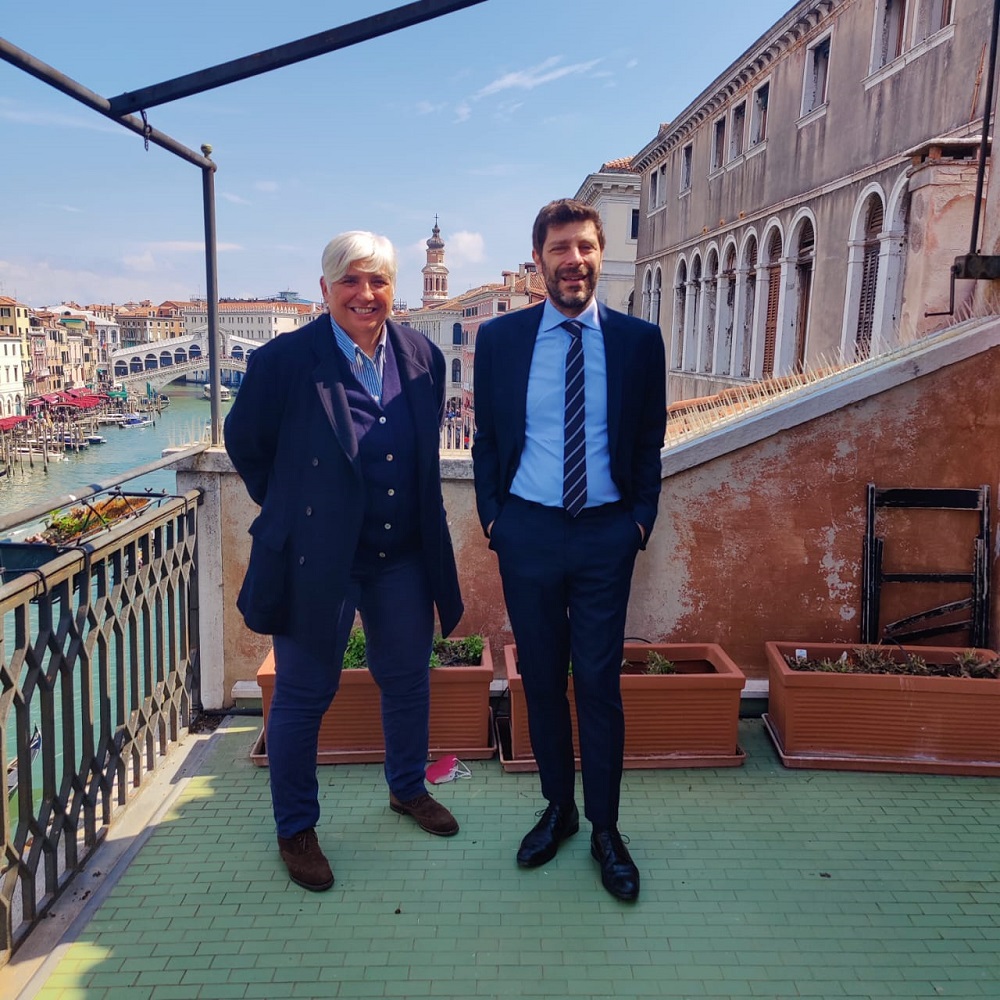

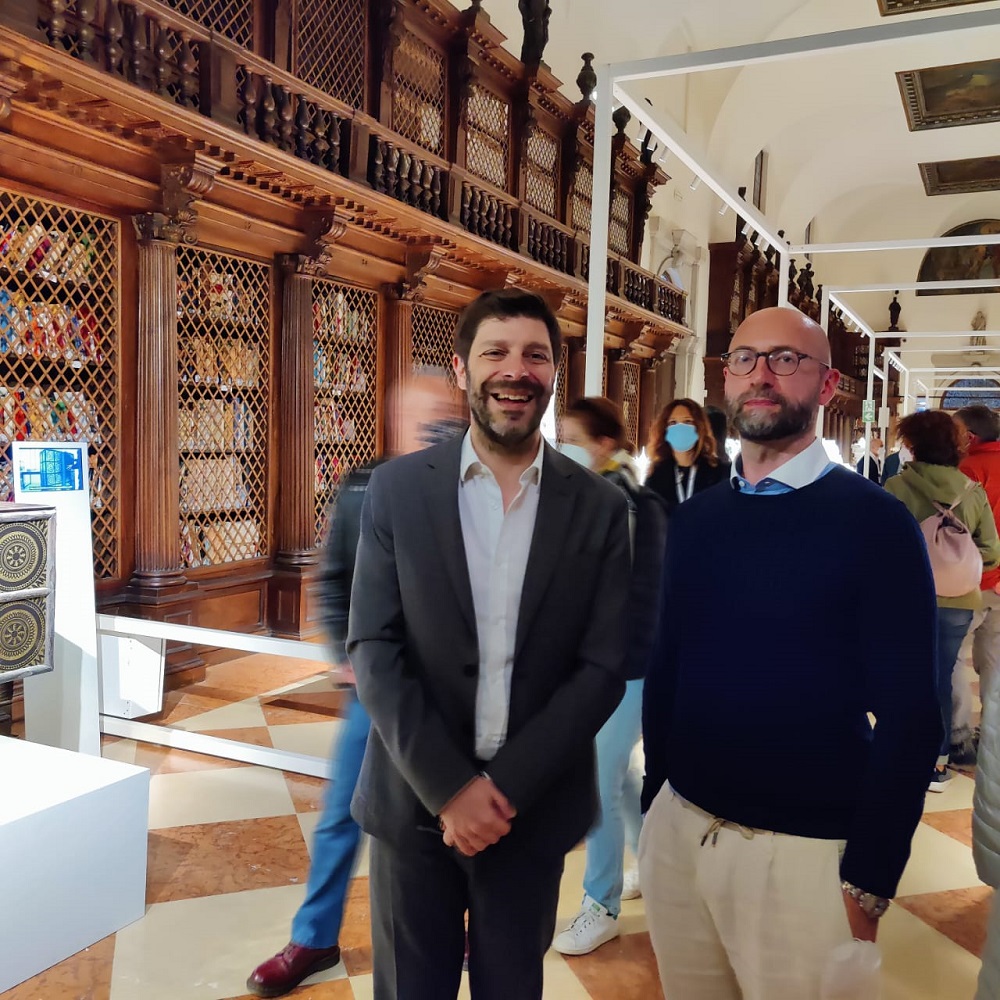




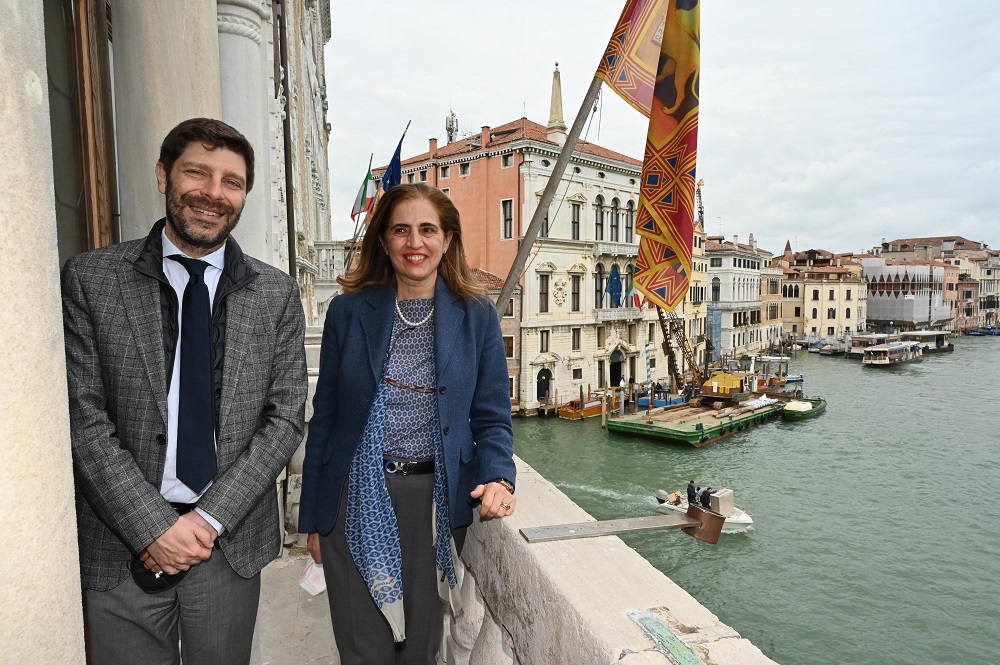

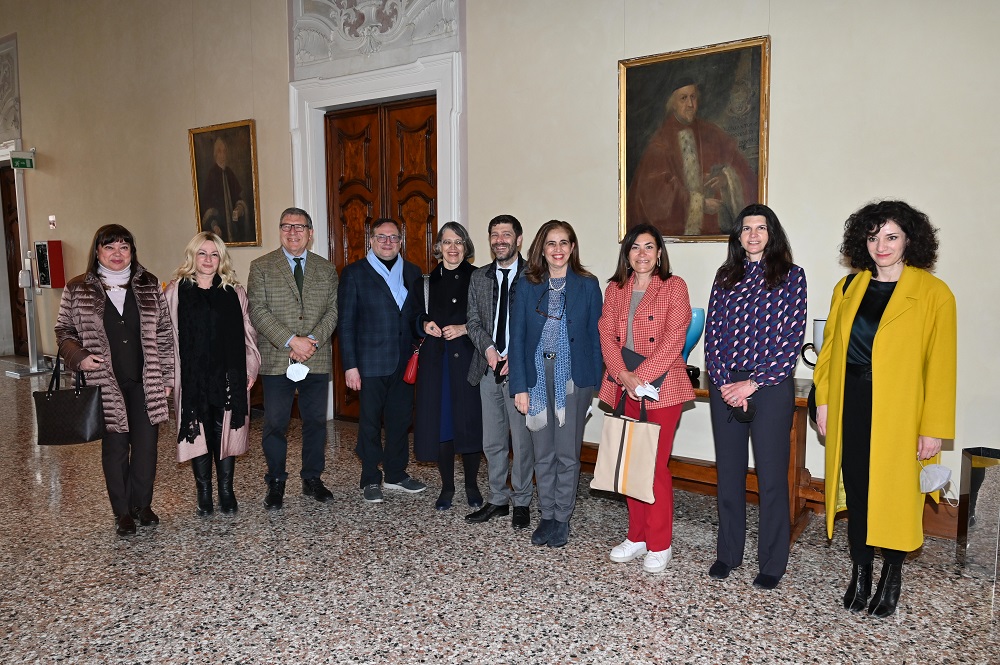


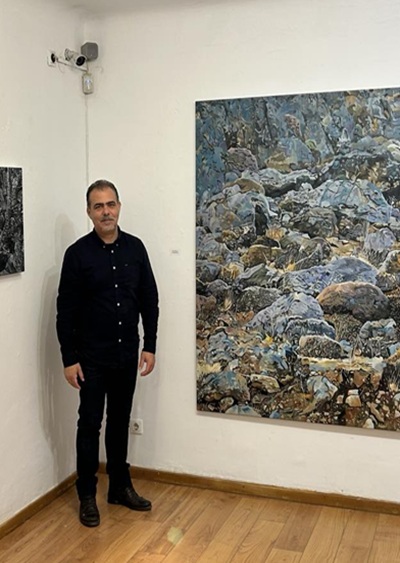
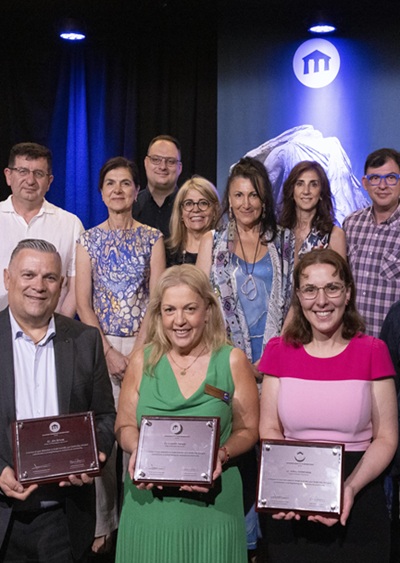
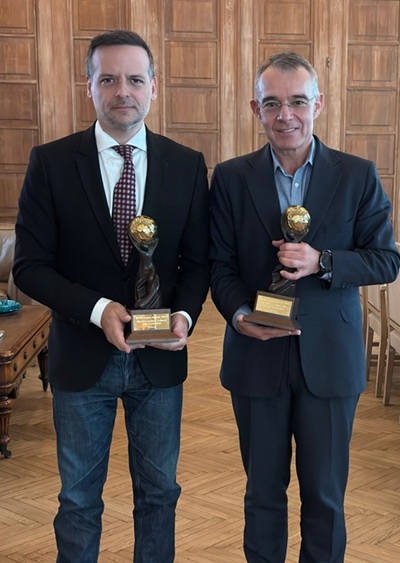


[…] Outside space of the Greek Pavilion in the 59th Venice Biennale, Source: Days of Art […]